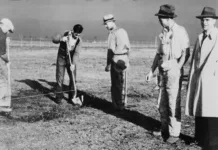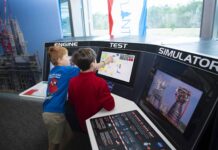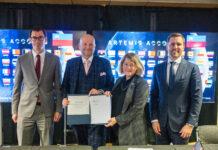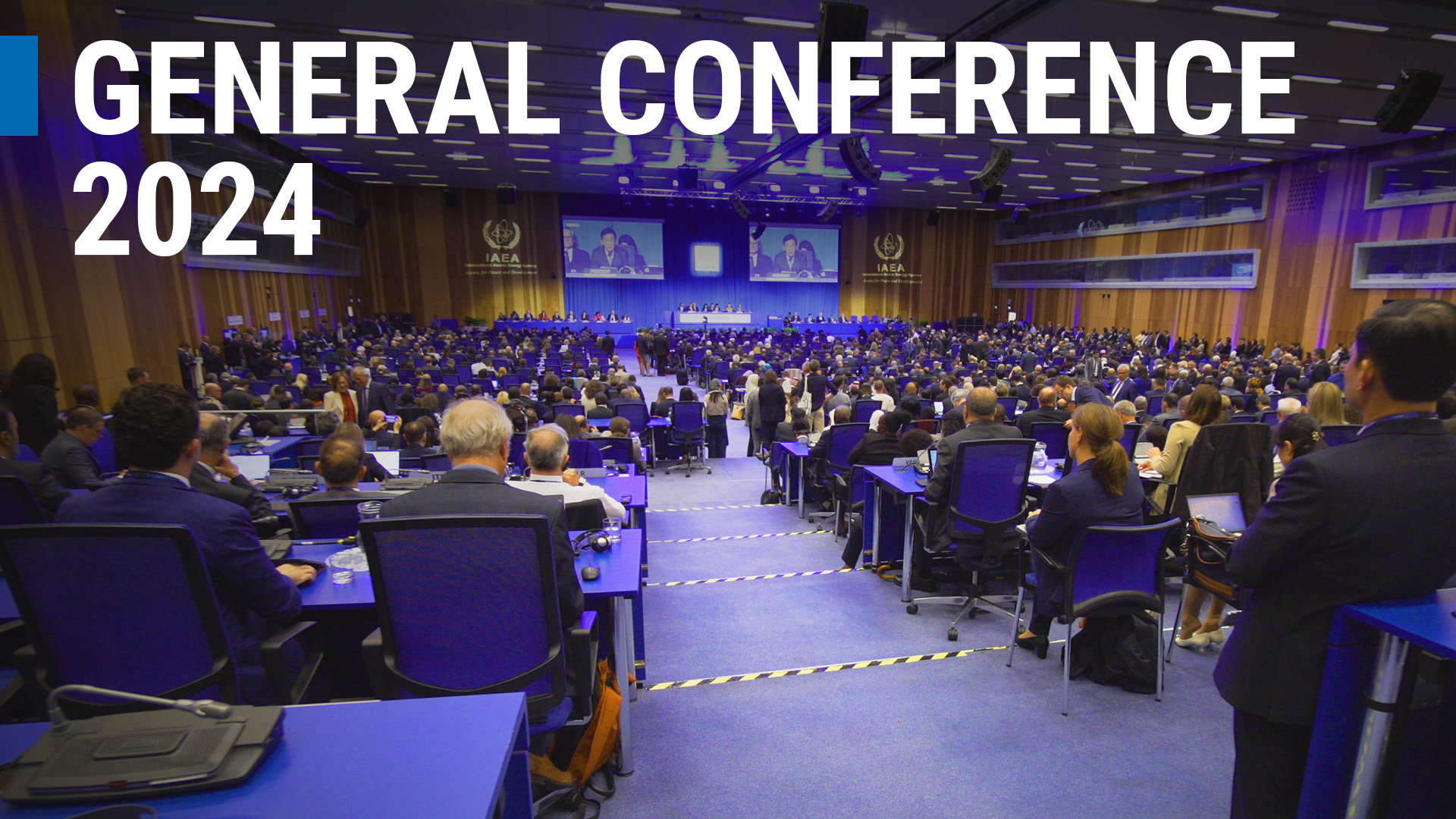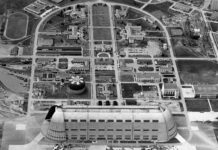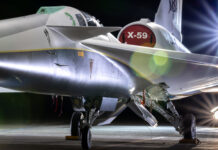IAEA’s 68th General Conference in Vienna: A Comprehensive Overview
The 68th General Conference of the International Atomic Energy Agency (IAEA) took place in Vienna this week, drawing nearly 3000 participants in person and an additional 8700 attendees online. This annual event is a cornerstone for setting the agency’s agenda for the upcoming year, focusing on how nuclear science and technology can be harnessed to enhance lives globally. Below is a detailed summary of the conference, its highlights, and its significance.
Setting the Agenda for Global Nuclear Science and Technology
The IAEA General Conference is a pivotal event where member states and international stakeholders come together to discuss the agency’s plans and priorities. This year’s conference was no different, as it aimed to address several critical issues related to nuclear science and technology. The discussions and decisions made during this event will shape the IAEA’s work for the next year, ensuring that nuclear technology is used safely and effectively to benefit humanity.
Key Topics Discussed
The conference covered a wide range of topics, including nuclear safety, security, and non-proliferation. Additionally, the role of nuclear technology in addressing global challenges such as climate change, energy security, and sustainable development was a major focus. Let’s delve into some of the key areas discussed:
Nuclear Safety and Security
Ensuring the safety and security of nuclear materials and facilities is a top priority for the IAEA. The conference emphasized the importance of robust safety measures and international cooperation to prevent nuclear accidents and unauthorized access to nuclear materials. Participants discussed best practices and strategies to enhance nuclear security, including the latest technological advancements and regulatory frameworks.
Non-Proliferation Efforts
Non-proliferation of nuclear weapons is a critical aspect of the IAEA’s mandate. The conference reviewed ongoing efforts to prevent the spread of nuclear weapons and ensure that nuclear technology is used exclusively for peaceful purposes. This includes monitoring and verification activities, as well as promoting international treaties and agreements aimed at curbing nuclear proliferation.
Climate Change and Energy Security
Nuclear technology plays a significant role in mitigating climate change and ensuring energy security. The conference explored how nuclear power can contribute to reducing greenhouse gas emissions and provide a reliable source of energy. Discussions highlighted the need for investment in nuclear infrastructure and the development of new, advanced reactors that are safer and more efficient.
Sustainable Development Goals
The IAEA is committed to leveraging nuclear technology to achieve the United Nations’ Sustainable Development Goals (SDGs). The conference showcased various initiatives and projects that use nuclear science to address global challenges such as health, agriculture, water management, and environmental protection. Examples include the use of nuclear techniques in cancer treatment, pest control, and soil fertility improvement.
Innovations and Technological Advances
One of the highlights of the conference was the presentation of the latest innovations and technological advances in the nuclear field. Participants had the opportunity to learn about cutting-edge research and development efforts that are pushing the boundaries of what is possible with nuclear technology. This included advancements in nuclear medicine, space exploration, and the development of small modular reactors (SMRs).
International Collaboration and Partnerships
The IAEA General Conference also serves as a platform for fostering international collaboration and partnerships. Representatives from member states and international organizations discussed ways to strengthen cooperation and share knowledge and resources. This collaborative approach is essential for addressing global challenges and ensuring the safe and peaceful use of nuclear technology.
Reactions and Reviews
The conference received positive feedback from participants and observers. Many praised the IAEA for its efforts to promote the safe and peaceful use of nuclear technology. The emphasis on addressing climate change and sustainable development was particularly well-received, as these are pressing issues that require immediate and concerted action. Attendees also appreciated the opportunity to network and exchange ideas with colleagues from around the world.
Good to Know: Understanding the IAEA
For those unfamiliar with the IAEA, it is an international organization that promotes the peaceful use of nuclear energy and aims to prevent the spread of nuclear weapons. Established in 1957, the IAEA works with its member states and multiple partners worldwide to encourage safe, secure, and peaceful nuclear technologies. The agency’s work spans a wide range of fields, including nuclear energy, nuclear medicine, environmental protection, and emergency preparedness.
Conclusion
The 68th General Conference of the IAEA was a significant event that set the stage for the agency’s work in the coming year. By bringing together experts and stakeholders from around the world, the conference facilitated important discussions on nuclear safety, security, non-proliferation, and the role of nuclear technology in addressing global challenges. As the IAEA continues its mission to promote the peaceful use of nuclear technology, the outcomes of this conference will play a crucial role in shaping its efforts and priorities.
For more information and to watch the IAEA’s video news summary of the week, visit the IAEA’s official website.
For more Information, Refer to this article.


















